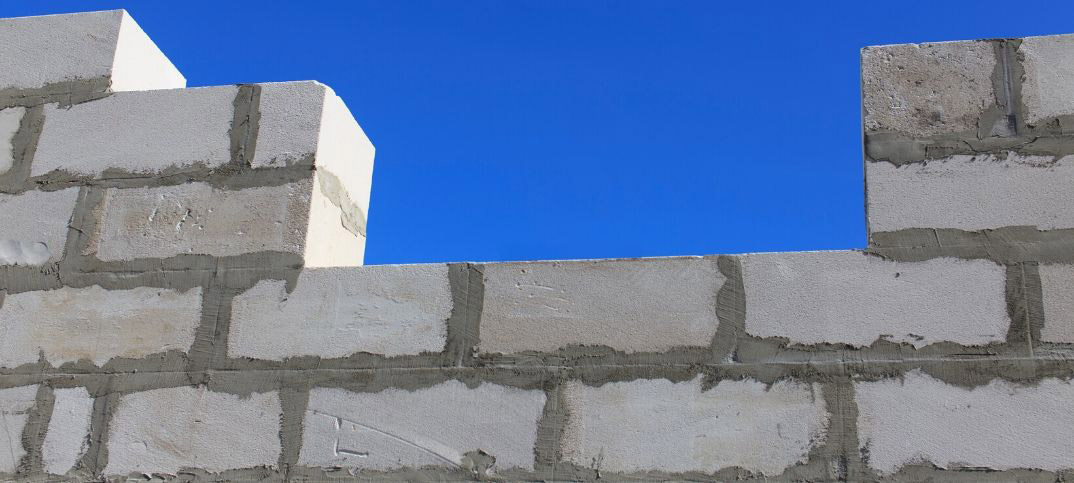
It’s possible to build in virtually any size and style with ICF. It offers better soundproofing than other quick-to-build systems, such as timber frame. ICF’s solid concrete core is extremely dense which provides an excellent sound barrier to keep out unwanted external noise like heavy traffic. The well-insulated walls mean soundproofing comes as standard. The strength of ICF comes from the steel-reinforced concrete core. ICF builds usually need a mechanical air ventilation system to supply fresh air. This airtightness also makes it a good fit for Passivhaus requirements - the gold-standard of energy efficiency. This means reduced draughts and cold spots. AirtightĪnother advantage is that ICF provides an airtight envelope due to the monolithic, concrete core. ICF homes can easily achieve an “A” rating for energy efficiency. ICF products can provide U-values as low as 0.11 - saving homeowners over 70% on annual heating bills, according to leading supplier Nudura. A U-value measures the rate of transfer of heat through a structure. With ICF – unlike other types of formwork - the rigid foam forms are retained after the concrete is poured to provide built-in double thickness thermal insulation of the walls. Many ICF firms run training courses for contractors and you can even help build your home if you are a keen DIYer.

The concrete is added by a pump, making the process quick and simple. The basic structure can be put up by a small team of semi-skilled workers, saving money on time and labour.

Image supplied by ICF Southern Simple & easy to understand Plus, the construction can proceed in most weather conditions, including rain and frost, so fewer delays On straightforward projects, the formwork and pour for a single-storey extension could be done in three or four days. Because the blocks are easy to cut with a handsaw, building with them is much faster than a traditional masonry build.
BLOCKS HOUSE PLUS
Speed of constructionĪ big plus is the super-speedy build, thanks to the lightweight, easy-to-handle blocks and poured concrete. Homeowners are starting to learn the advantages ICF over traditional construction. The blocks can be covered externally with brickwork, timber cladding or render and internally with plaster board and plaster.Īnthony Quinn, from ICF Southern, said the innovative technique was suitable for “new builds, renovations, extensions, swimming pools, basements – and many other types of buildings.” The positives The result is a strong, highly insulated and airtight building ready to be finished inside and out. Concrete is then pumped into the cavities. Each block can provide up to 1.1 metre2 of wall area. The foam panel framework is reinforced with steel rods or Rebar (reinforcement bar) to lock them into place. This cuts out the need for mortar as used in a conventional build. The interlocking foam blocks are easy to stack – like Lego bricks – to build walls. The ICF system consists of lightweight blocks (also known as forms) which are usually made from expandable polystyrene (EPS).

What is Insulated Concrete Formwork construction?
BLOCKS HOUSE TV
TV viewers got a glimpse of this innovative technology in Sarah Beeny’s Channel 4 show ‘New Life in the Country.’ Beeny opted for the polystyrene block method – known as Insulated Concrete Formwork (ICF) - to build her new eco-mansion. It’s a stunningly simple and remarkably quick building method, only now starting to gain some mainstream appeal in the UK. Houses built of polystyrene blocks fitted together like ‘Lego’ with space in between to pour concrete have been around since the 1970s. We are used to seeing polystyrene as packaging, but homes can be built out of it, too.


 0 kommentar(er)
0 kommentar(er)
